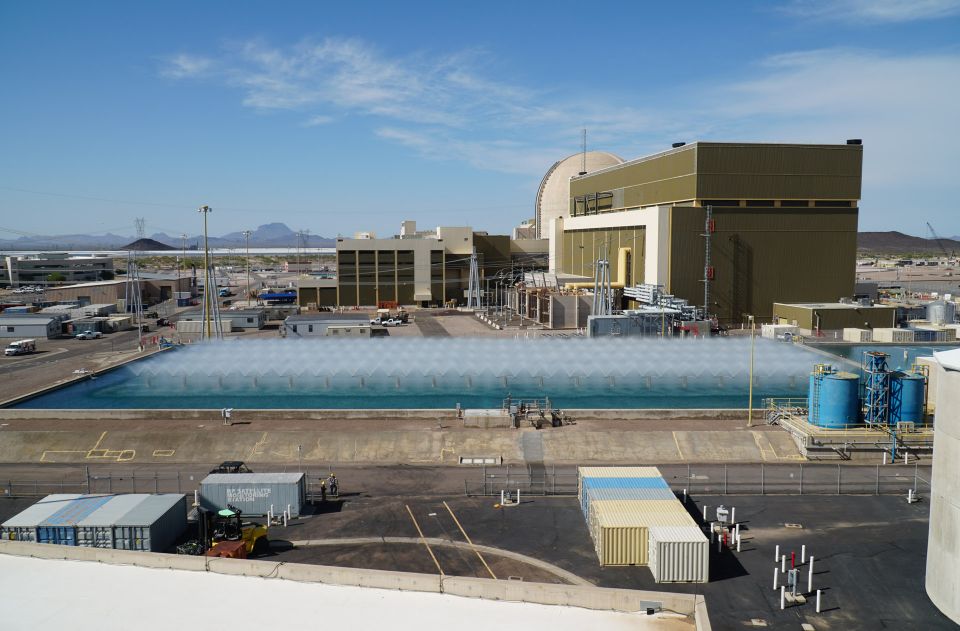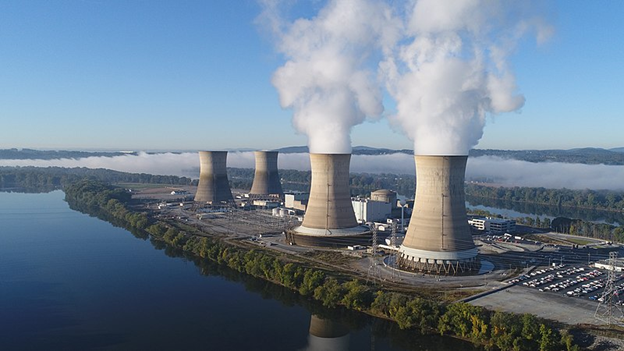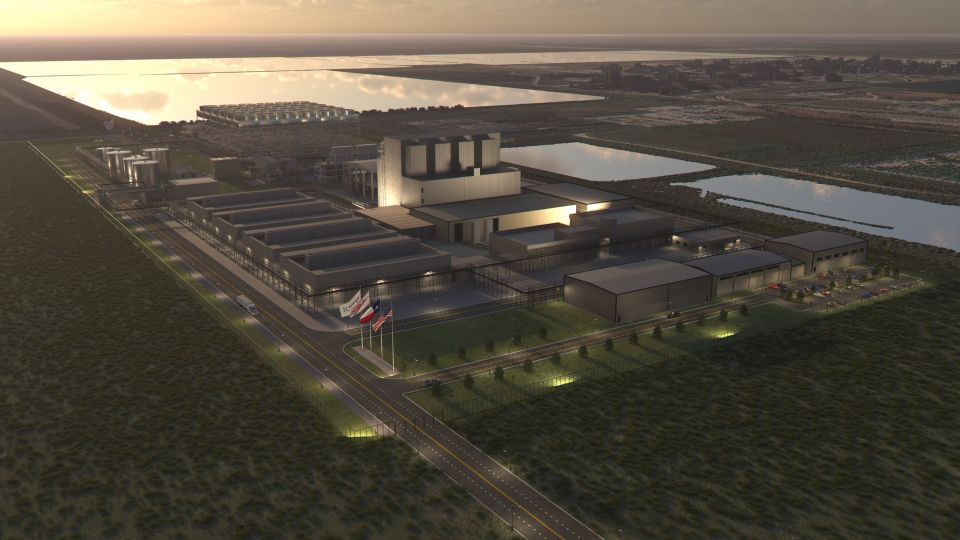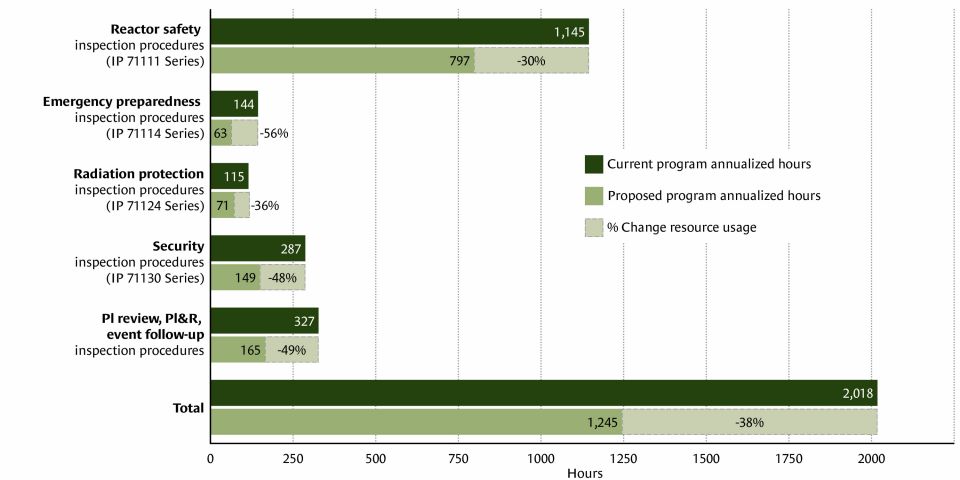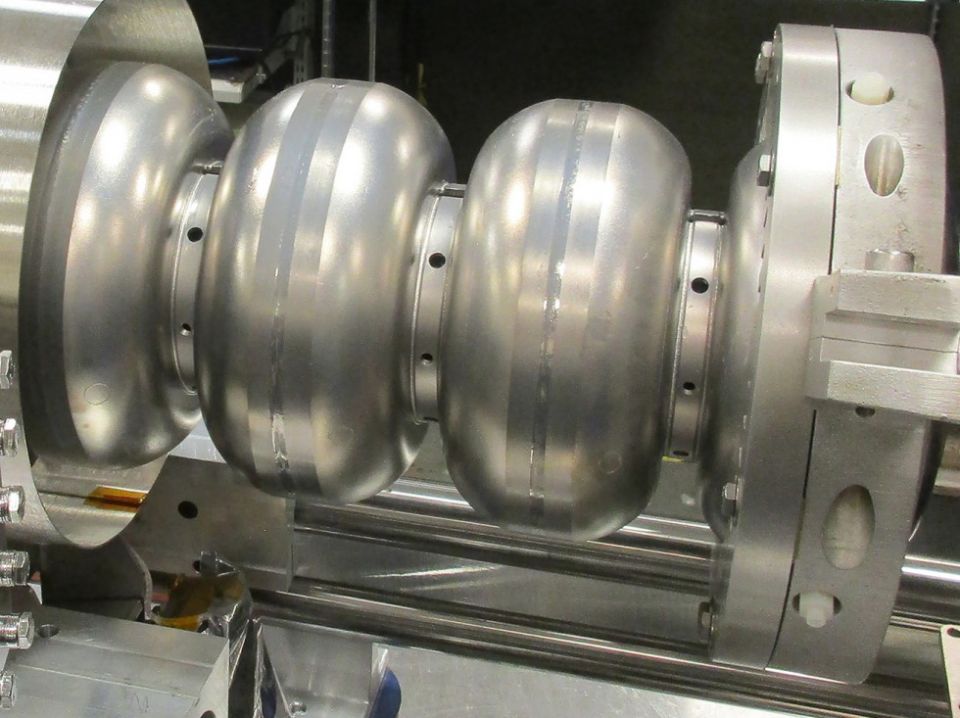DOE awards $17 million to answer critical questions with HALEU data
The Department of Energy awarded $17 million on August 30 for 16 experiment and analysis projects expected to yield criticality data that will assist the Nuclear Regulatory Commission in licensing and regulating high-assay low-enriched uranium and the fuel infrastructure—including packaging and transportation containers—required to demonstrate and deploy HALEU-fueled advanced nuclear reactors. Project teams include six national laboratories taking lead roles in partnership with other labs, universities, and multiple industry partners.

-3 2x1.jpg)
